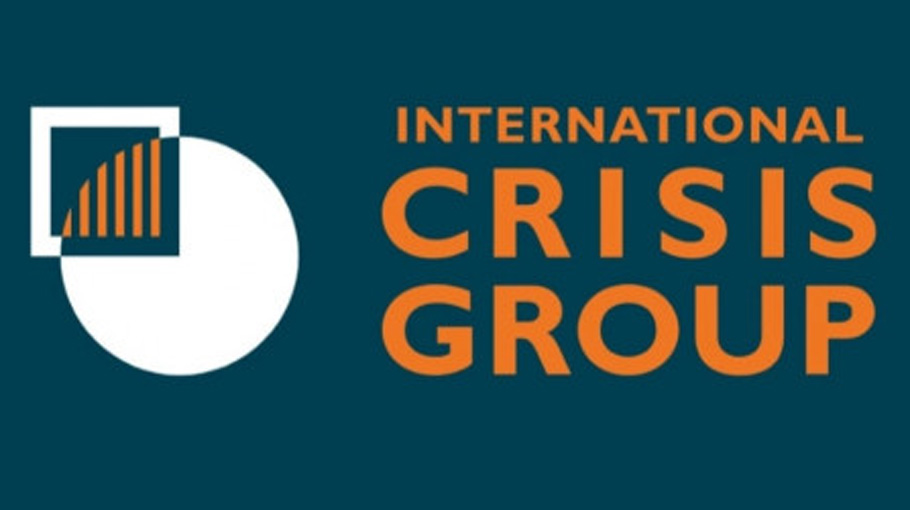Govt must look to ‘quick wins’, says Crisis Group

Three months after an uprising toppled former Prime Minister Sheikh Hasina, the reform agenda of Bangladesh’s interim government is becoming clearer – along with the pitfalls that lie in its path.
Led by Nobel laureate Muhammad Yunus, the administration is expected to remain in office for another year and maybe longer, , said the International Crisis Group in its report released on Friday.
After fifteen years of Hasina’s rule, Bangladesh has a once-in-a-generation opportunity to improve governance and put checks in place that would stop another autocratic regime from emerging. If the interim government falters, however, the country could revert to the status quo ante or even enter a period of military rule.
The interim government should aim to produce quick results to maintain public support for more
ambitious reforms. It should avoid staying in power too long and build consensus on new measures among political parties. External actors should offer aid; India should work to repair its image with the Bangladeshi people.
The interim government in Bangladesh has a monumental task before it.
Taking the reins on 8 August, three days after a mass uprising ousted the increasingly authoritarian Sheikh Hasina, the administration led by Nobel laureate Muhammad Yunus has moved quickly to delineate a bold agenda of political, governance and economic reforms. Many Bangladeshis describe Hasina’s downfall as a “second liberation” (a reference to the 1971 independence war), bespeaking the public’s appetite for major change.
For now, Yunus and his colleagues have widespread support, but popular expectations are double-edged. If the interim administration falters in making reforms, the outcome is likely to be an early election with little progress; in the worst-case scenario, the military could assume power.
The interim government should look to score a few quick wins to keep its social support base strong as it builds consensus around key reforms and prepares the country for credible elections. International actors should back Yunus’s administration and bolster the Bangladeshi economy to help inaugurate a new era in national politics.
With international support, Prof Muhammad Yunus-led interim government should look to score some "quick wins" to keep the public on side.
Holding elections without reforms to put checks and balances on a future government could let another autocratic regime emerge, while a military takeover would be an even bigger setback, it said.
An early election would likely bring the BNP to office with few restraints on its power; given its record, many suspect it would prove little better than the AL, the Crisis Group observed.
If political and economic conditions were to deteriorate significantly, the army might intervene, beginning a period of military rule, the report claimed.
"Quick wins" could include steps to address petty corruption in public services, improve electricity supply and reduce high prices.
International actors should work with the interim government to support its ambitious goals and help move Bangladeshi politics into a new era, said the report titled "A New Era in Bangladesh? The First Hundred Days of Reform."
Crisis Group's Senior Consultant on Myanmar and Bangladesh Thomas Kean said to maintain the widespread public support it enjoys, the interim government also needs to improve its handling of day-to-day governance.
"If Yunus and his team falter, the country could revert back to having elected governments with few checks on power, or even enter a period of military rule," he said, commenting on the report.
But if they can succeed in steering reforms, Bangladeshis could stand to benefit for decades to come, Kean said.
He mentioned that one hundred days after Prof Yunus was sworn in to lead Bangladesh’s new interim government, the country stands at a crucial juncture.
The interim government has a once-in-a-generation opportunity to improve governance and put checks in place that would prevent another autocratic regime from emerging, Kean said.
"But the scale of the task is monumental," he said, adding that in particular, the interim government will need to maintain a degree of political consensus with key political players, including student leaders, the Bangladesh Nationalist Party, Islamist forces, the military, and civil society.
The interim government has a strong public backing for reform and the support of key players, including student leaders and the army, the International Crisis Group observed.
The interim government has identified its priorities, outlined a process and laid out an initial timeline.
Sheikh Hasina’s flight from Bangladesh on 5 August has created a once-in-a generation opportunity for political renewal that can move the country beyond the bitter divisions and violence that has characterised much of the past five decades, according to the report.
The interim government will need to build political consensus while maintaining economic stability and delivering steady results to ensure that the Bangladeshi public remains firmly behind it, said the Crisis Group.
The alternatives would be unappealing for both Bangladesh and its partners, it observed.
Rebuilding the country’s institutions will also be no mean feat, and while the interim administration is the most inclusive Bangladesh has ever seen, many of its members have little experience in government or management.
Maintaining the backing of key political players is already proving challenging: some stand to benefit from an early election, and even Yunus’s allies have divergent views about issues such as constitutional reform and accountability for atrocities committed under Hasina’s rule.
While Hasina’s party is now in disarray, Yunus may also face obstruction from pro-AL factions and individuals.
Managing, let alone meeting, sky-high public expectations will be extremely challenging. Experience suggests that the longer the interim government is in power, the louder calls for early elections will get and the larger doubts about its legitimacy will grow.
Yunus will also be forced to take unpopular decisions, including on economic reforms that may hurt vulnerable sections of society and on the extent of accountability for human rights violations committed during Hasina’s time in power.
Many Bangladeshis want revenge for the AL’s abuses, an impulse that Yunus is – rightly – not keen to indulge.




